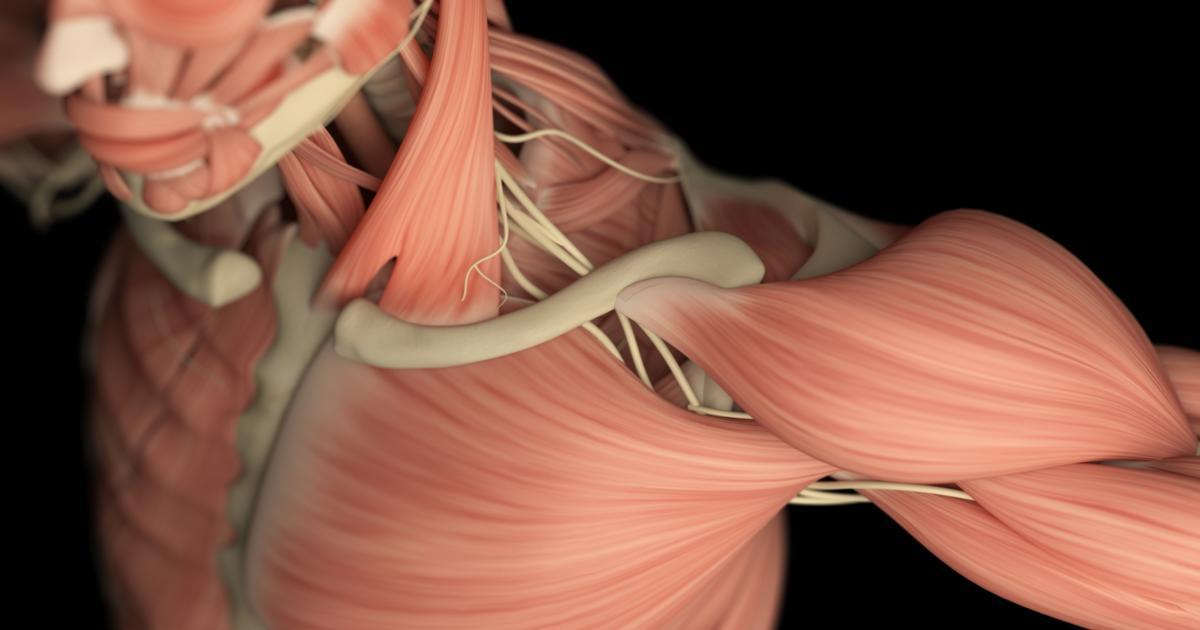Dr. Eric M. Wassermann M.D.
Neurologist | Neurology
National Institutes Of Health 10 Center Dr Msc 144 Bethesda MD, 20892About
Dr. Eric Wassermann is a distinguished Neurologist in Bethesda, MD. Dr. Wassermann specializes in diagnosing, treating, and managing disorders of the brain and nervous system. With expertise in handling complex conditions like epilepsy, multiple sclerosis, and migraines, Dr. Wassermann employs advanced techniques and personalized treatment plans to improve patient outcomes. As a neurologist, Dr. Wassermann is committed to staying abreast of the latest developments in neurological research and therapies.
Education and Training
New York Med Coll- Valhalla Ny 1985
Board Certification
Psychiatry and NeurologyAmerican Board of Psychiatry and NeurologyABPN
Provider Details
Expert Publications
Data provided by the National Library of Medicine- Simultaneous repetitive transcranial magnetic stimulation does not speed fine movement in PD.
- Complete suppression of voluntary motor drive during the silent period after transcranial magnetic stimulation.
- Dissociation of the pathways mediating ipsilateral and contralateral motor-evoked potentials in human hand and arm muscles.
- Lack of clinical improvement in patients with Parkinson's disease after low and high frequency repetitive transcranial magnetic stimulation.
- Repetitive transcranial magnetic stimulation. The International Federation of Clinical Neurophysiology.
- Menstrual cycle effects on cortical excitability.
- Altered cortical excitability in obsessive-compulsive disorder.
- Cognitive effects of 1- and 20-hertz repetitive transcranial magnetic stimulation in depression: preliminary report.
- Human corticospinal excitability evaluated with transcranial magnetic stimulation during different reaction time paradigms.
- Motor cortex excitability in patients with cerebellar degeneration.
- Chiari malformation type 1 and osteoporosis.
- Side effects of repetitive transcranial magnetic stimulation.
- A safety screening questionnaire for transcranial magnetic stimulation.
- Therapeutic application of repetitive transcranial magnetic stimulation: a review.
- Transcranial magnetic stimulation (TMS) as a research tool in Tourette syndrome and related disorders.
Dr. Eric M. Wassermann M.D.'s Practice location
Eric Wassermann
National Institutes Of Health 10 Center Dr Msc 144 -Bethesda, MD 20892Get Direction
National Institutes Of Health
10 Center Dr Msc 1440 -Bethesda, MD 20892Get Direction
Dr. Eric M. Wassermann M.D.'s reviews
Write ReviewRecommended Articles
- Muscular Dystrophy: A New Understanding of How Muscles Work
A new technique out of McGill may be the key to shed new light on how muscles work. It’s an important step towards a better understanding of how muscle-targeted diseases and disorders work. With a greater understanding also comes a better handle of how to treat and possibly cure these diseases in...
- Different Types of Aneurysms
What is an aneurysm?An aneurysm is the abnormal ballooning, widening, or bulging of a part of the artery usually caused by arterial wall weakness. When an aneurysm enlarges and ruptures, disastrous consequences, such as internal bleeding, usually happen.Aneurysms are usually found in the aorta (the...
- Muscular Dystrophy: Types and Designed Proteins for Treatment
Proteins, which sum up to 42% of the total dry weight in our body, play an important role as part of the red blood cells and as collagen. This is mainly responsible for holding our body parts together. Moreover, proteins also work together to activate an enzyme and turn on a gene. Muscles, on the...
- Restless Legs Syndrome: The Treatment Options
Restless legs syndrome that’s not connected to an underlying condition whatsoever, can effectively be managed with certain medications and lifestyle changes. However, if the accompanying symptoms are extremely severe, they can be cured by treating the underlying condition. For instance, iron...
- What to Do If a Child Has a Febrile Seizure?
Febrile SeizureA febrile seizure usually occurs when your child has a fever or high body temperature. It can also happen without brain inflammation or certain metabolic disorders. Even though febrile seizures occur with fever, you may not notice an increase in your child’s body temperature until...
- A Prolonged Fever of Unknown Origins
A fever of unknown origins (FUO) is described as febrile disease/illness. It is characterized as the following: A fever greater than 38.3 degree Celsius on several occasions, the duration of the illness lasts for more than 3 weeks, and there is a failure to reach a diagnosis in spite of a weeklong...
Nearby Providers
- Dr. Fabio M Iwamoto M.D.9030 Old Georgetown Rd Bethesda MD 20892
- Dr. Nandakumar Nagaraja M.D., M.S.10 Center Drive Bethesda MD 20892
- Dr. Steven Warach MD, PHDNih, Ninds, 10 Center Dr Bethesda MD 20892
- Dr. Rahul Dave M.D., PH.D.10 CENTER DR BETHESDA MD 20892
- Dr. Tanya J. Lehky M.D.10 Center Drive Nih Bethesda MD 20892
- Dr. Ashura Buckley MD10 Center Drive, Msc 1255 Bethesda MD 20892
Nearest Hospitals
SUBURBAN HOSPITALl
8600 OLD GEORGETOWN ROAD BETHESDA MD 20814HOLY CROSS HOSPITALl
1500 FOREST GLEN ROAD SILVER SPRING MD 20910SIBLEY MEMORIAL HOSPITALl
5255 LOUGHBORO RD NW WASHINGTON DC 20016







